Japan to launch five-year plan to boost wages and productivity in SMEs

Japan is launching a five-year plan to boost SME wages and productivity, targeting key industries with ¥60 trillion investment.
Japanese banks reshape job structures for gender equality

Japan’s top financial organisations are eliminating gendered job tracks in a major push to close workplace inequality and pay gaps.
Japan’s smaller firms face wage hike hurdles
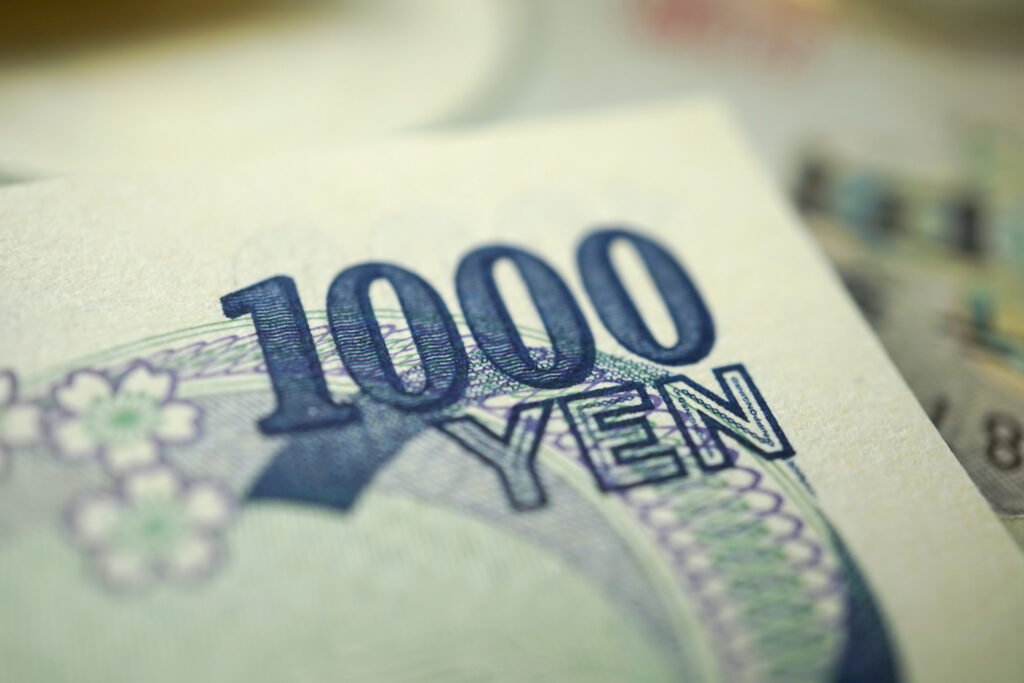
Small organisations in Japan face hurdles in meeting wage targets, threatening real wage growth amid persistent inflation.
Tokyo proposes four-day workweek to boost birth rate

Tokyo plans a four-day workweek for civil servants with an aim to empower women, improve work-life balance, and foster societal diversity.
Female leadership in Japan hits 8.4% in 2024

A recent report highlights a gender gap in Japan’s leadership, with female presidents more prevalent in smaller organisations than larger ones.
Japan clamps down on debilitating overworked culture

If passed, a proposed new bill will mandate employers to ensure that their employees do not work for 14 consecutive days or more.
More fathers in Japan encouraged to take paternity leave

Japan’s paternity leave rate jumps to a record 30%, fuelled by government mandates and a growing desire for work-life balance among young employees.
Japan sees biggest wage hikes in decades

Driven by labour shortages and inflation, employees’ pay in Japan is set to rise by an average of 5.1% this year.
Japan mandates flexible work options for parents

New legislations mandate flexible work options for parents, including remote work and adjusted hours to enhance support for child-rearing.
Organisations in Japan see biggest wage increase in three decades
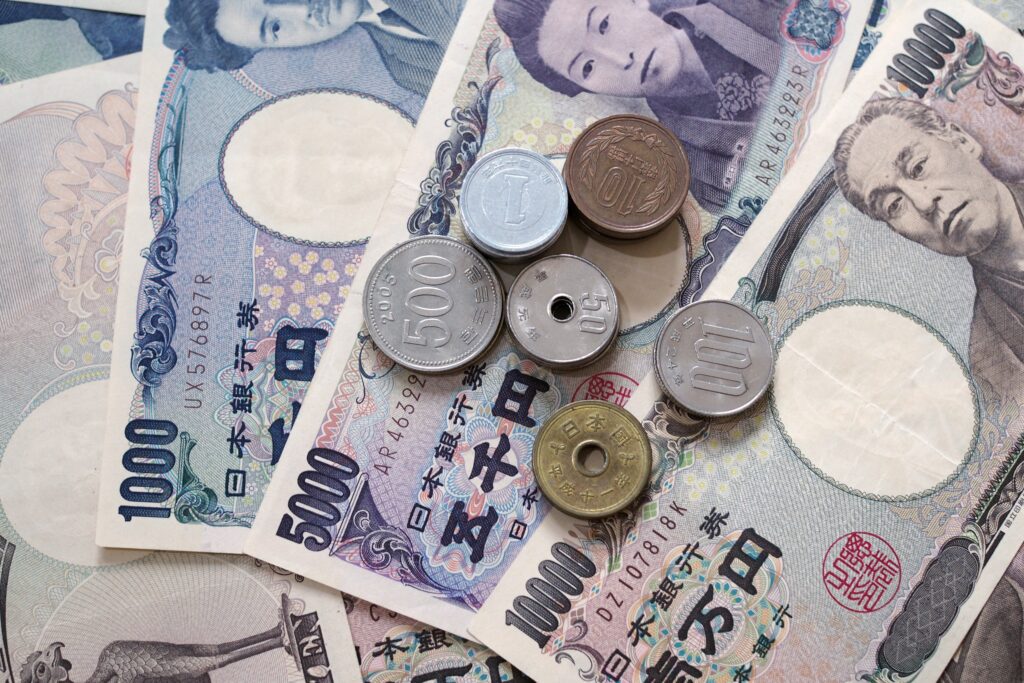
Pay hikes in Japan are exceeding or meeting the initial target of a 5% increase set by organisations to address rising prices.
SoftBank tests AI to reduce call centre employee stress

The Japanese telco giant prioritises employee wellbeing by testing AI software that modulates customer call tones for a calmer agent experience.
Raise wages to resolve hiring issues, urges Japanese government

A new government paper is urging small-to-medium organisations in Japan to push for wage increases to curb labour shortage.
Organisations in Japan offer more pay raises in 2024

A surge in pay-scale increases has been witnessed among organisations in Japan, with small and medium-sized enterprises leading the charge.
AI tool predicts employee turnover risk

An AI tool developed in Tokyo utilises advanced algorithms to analyse diverse employee data, predict turnover, and offer tailored solutions.
Ageing business leaders pose succession challenges in Japan

With leaders in organisations in Japan hitting an average age of 60.5, transitions remain scarce as only 3.8% successfully transitioned in 2023.
Stressed at work? Shred your anger away

A new study finds shredding negative feedback papers reduces anger, and highlights a link between writing and mood regulation.
Mental health compensation granted by Japanese labour office

A woman in her 50s from Yokohama has been granted compensation for developing a mental disorder due to remote work overtime.
Communication breakdown hinders new hire training in Japan

The worry about overly criticising new employees has caused senior employees to become reticent in giving them feedback.
Japan heats up recruitment with employment-linked internships

Intense competition in Japan is driving organisations to innovate, with internships emerging as the new battleground for attracting young talent.
Employees in Japan fatigued over cherry blossoms viewing

Employees are citing events such as these as similar to “work” and would prefer to not use their free time taking part in them.
Organisations across Japan to observe the country’s biggest wage hike

Rengo, Japan’s largest trade union group, has announced the biggest salary raises on record for employees after protracted negotiations.
Japanese unions demand highest wage hikes in 30 years
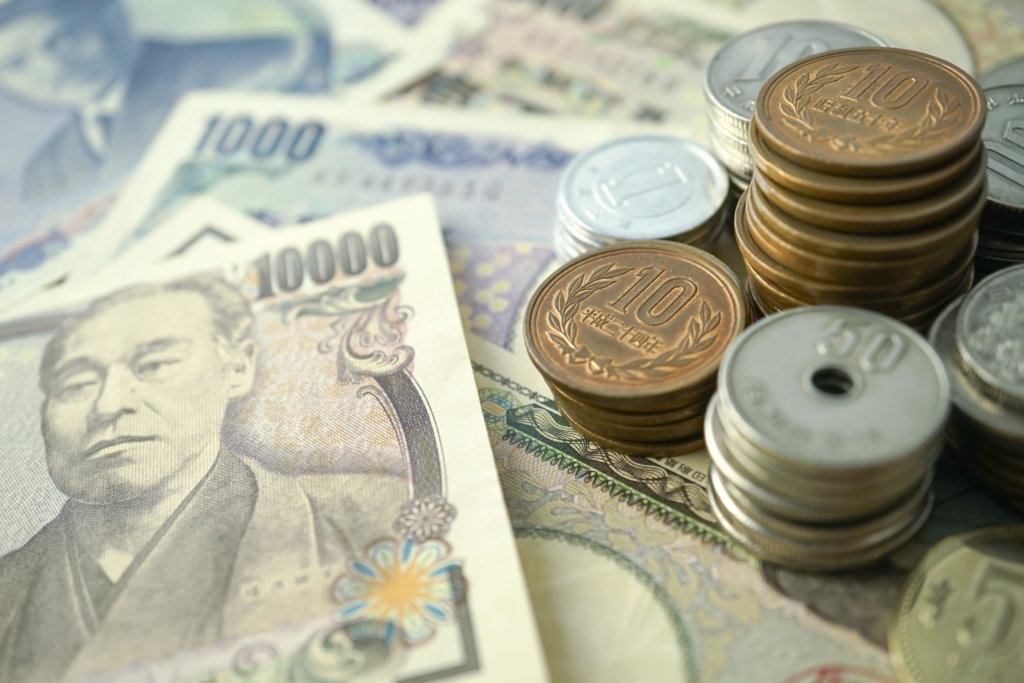
Fuelled by inflation and labour shortages, a historic 5.85% wage hike demand has been called for as labour negotiations continue.
Sharing of paternity leave uptake in big Japanese firms now mandatory

Thanks to newly introduced legislation, big firms need to set and share targets with the Japanese government on paternity uptake.
Employees in Japan earning more, and feeling less satisfied

While many employees in Japan have turned to side jobs for extra cash, this has failed to allow them to achieve their desired income.
Gender disparities persist in parental leave durations in Japan

Over 80% of male employees took paternity leave, yet 47% took only 1-3 months, while 51% of females averaged 12-18 months.
Aeon introduces childcare leave compensation system

The Japanese retailer is granting 100% pay for employees taking childcare leave to encourage male involvement in parenting responsibilities.
Annual wage negotiations in Japan kick off

The goal of these wage negotiations is to reach a pay hike of 5% and more across large and smaller organisations to beat inflationary pressures.
More than 80% of employers in Japan plan salary raises in 2024
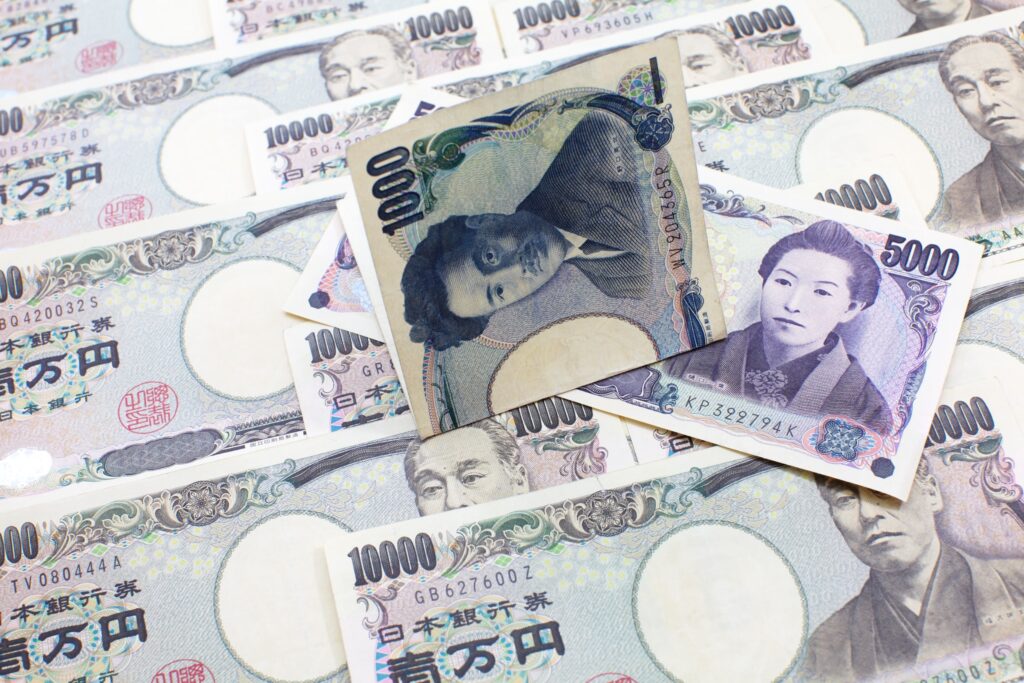
More than four out of five of employers in Japan seek to increase wages, with a majority looking to implement a wage increase on par with last year.
Japan pushes for faster wage growth in 2024
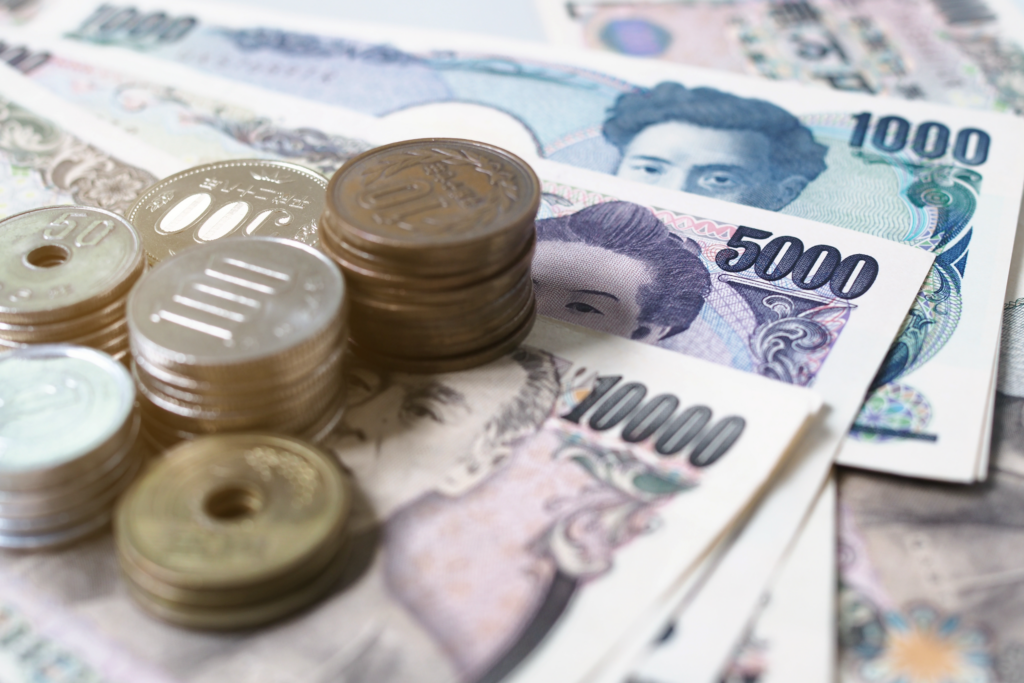
Prime Minister Fumio Kishida has called for accelerated wage growth in 2024, urging organisations to surpass this year’s increases.
Facilities for disabled people in Japan face serious labour shortage

Due to the rising ageing population and low wages, labour shortages in facilities for disabled people are increasing.
